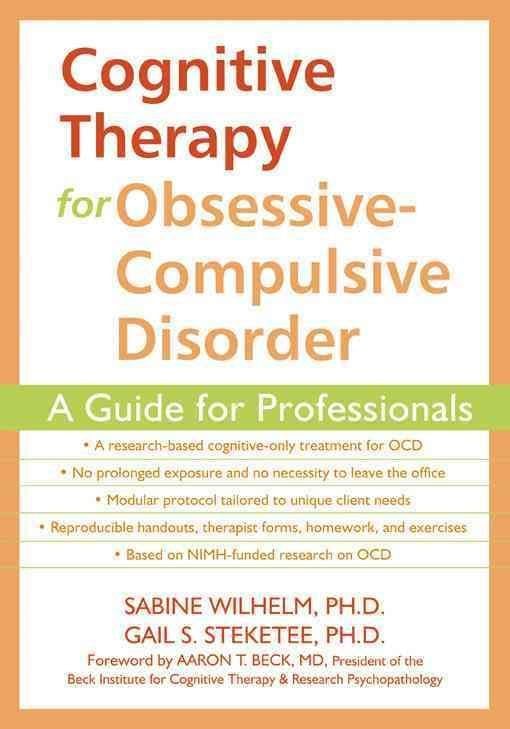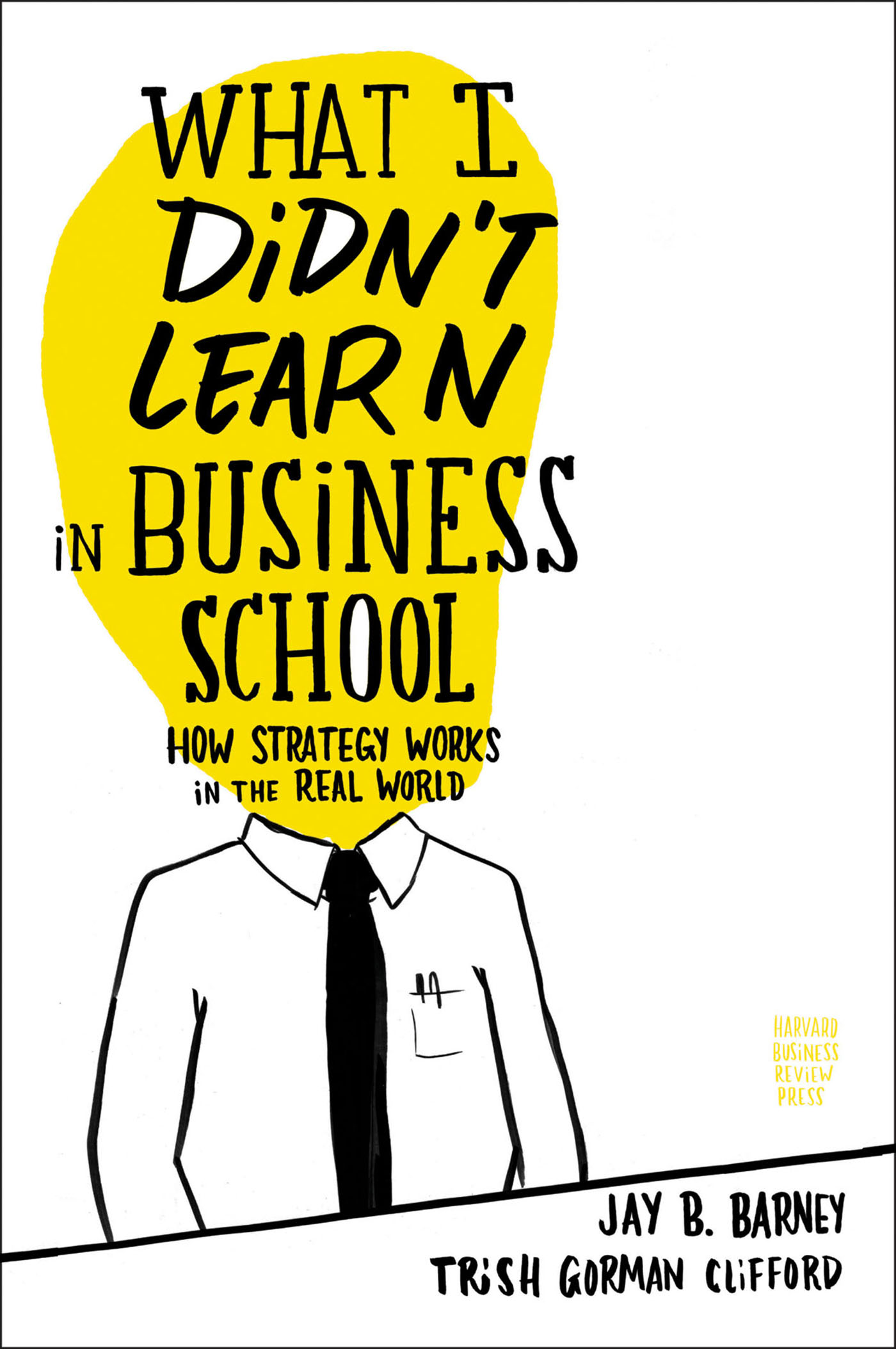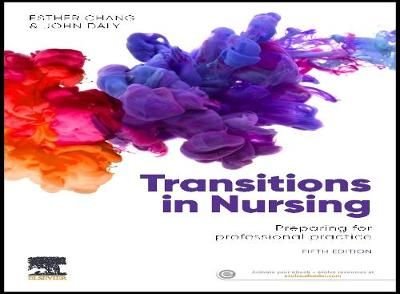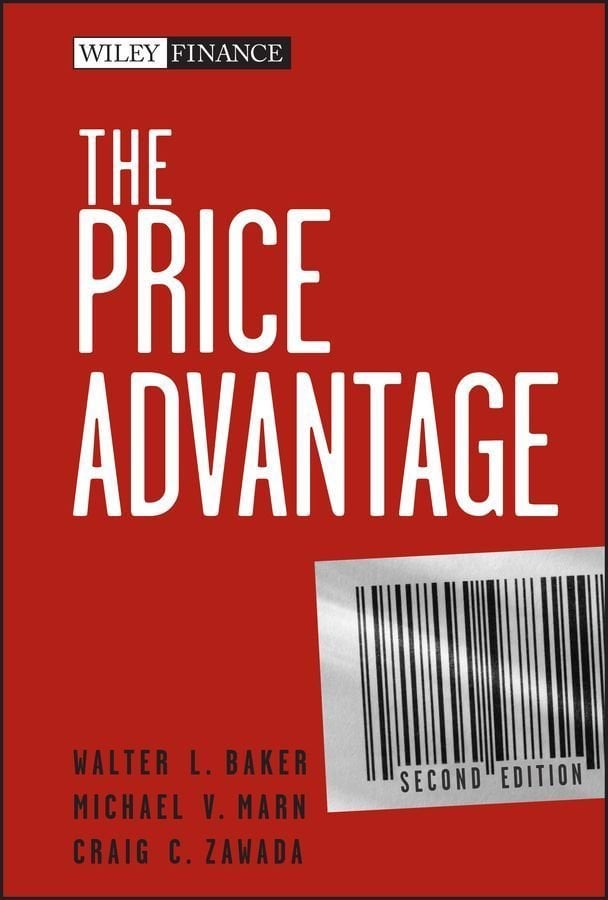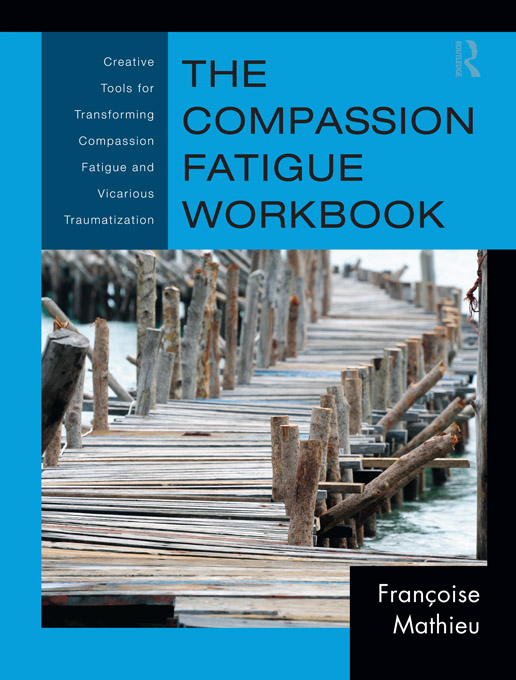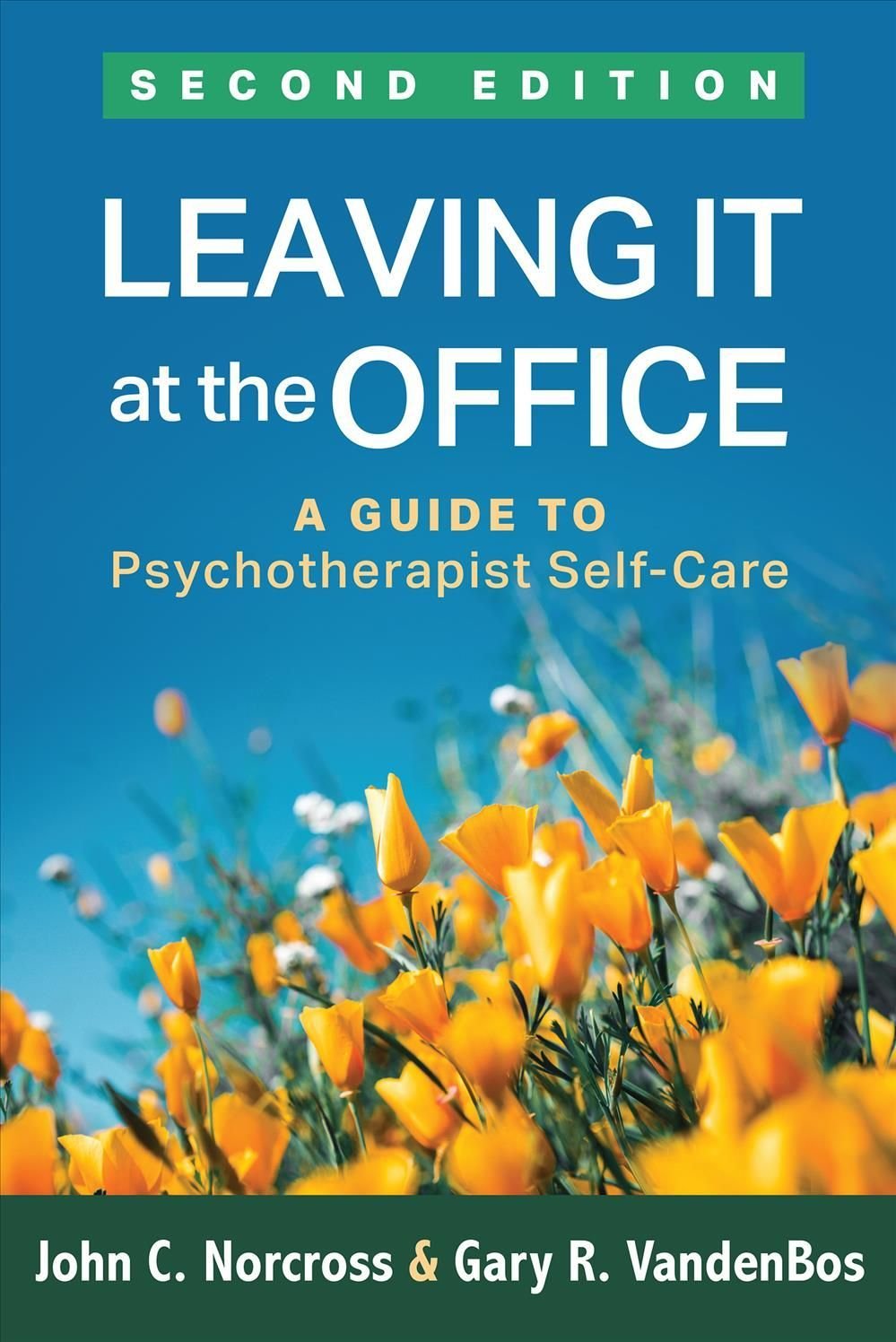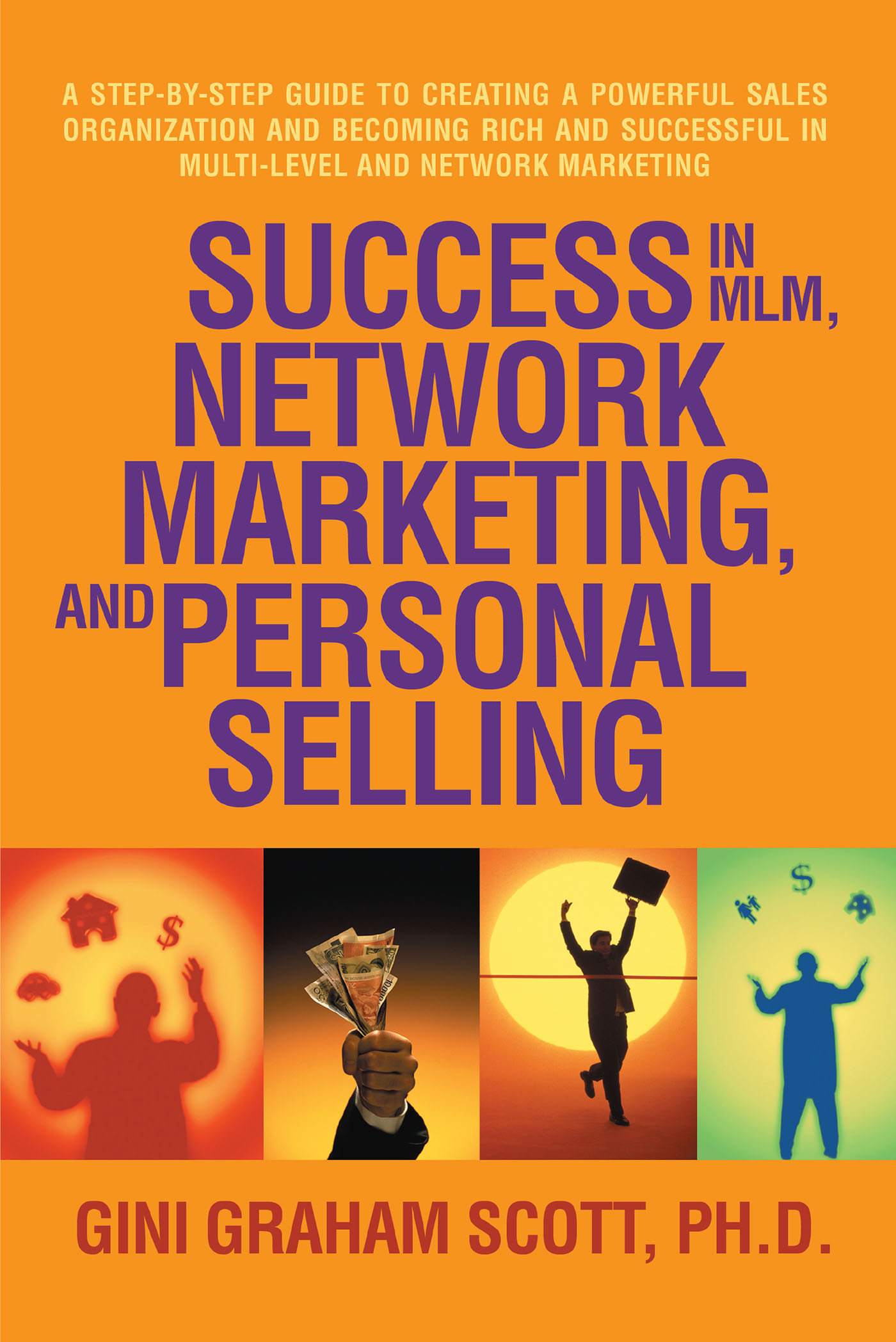A Cognitive Approach to Treating Obsessive-Compulsive Disorder Based on research funded by the National Institute of Mental Health, this manual presents for the first time a purely cognitive approach to treating obsessive-compulsive disorder (OCD). This approach avoids the highly distressing exposure component of exposure and response prevention therapy (ERP) that is commonly used to treat the symptoms of OCD. Not only does this cognitive therapy (CT) approach open up the option of psychotherapy to those OCD sufferers who resist exposure-based therapy, it also holds great promise for treating OCD sufferers with mental rituals as well as those who struggle concurrently with depression, anxiety, and other symptoms. The strategies described in this book focus intensively on the intrusive thoughts that can trigger negative beliefs and drive compulsive behaviors. The manual begins with a brief review of current facts about OCD. Then it describes how cognitive therapy can be applied to OCD. The several treatment modules that follow outline a brief three-to-four session approach therapists can use to help clients make real progress on their OCD beliefs and behavioral symptoms. Each module is complemented by a series of client worksheets and handouts. This purely cognitive approach to OCD offers a number of benefits including: ?CT avoids the discomfort of prolonged exposure and response prevention (ERP) ?The therapy can be conducted entirely in the therapist’s office ?CT is especially useful for patients with mental rituals and neutralizing strategies ?The treatment is based on NIMH-funded research and is empirically supported
